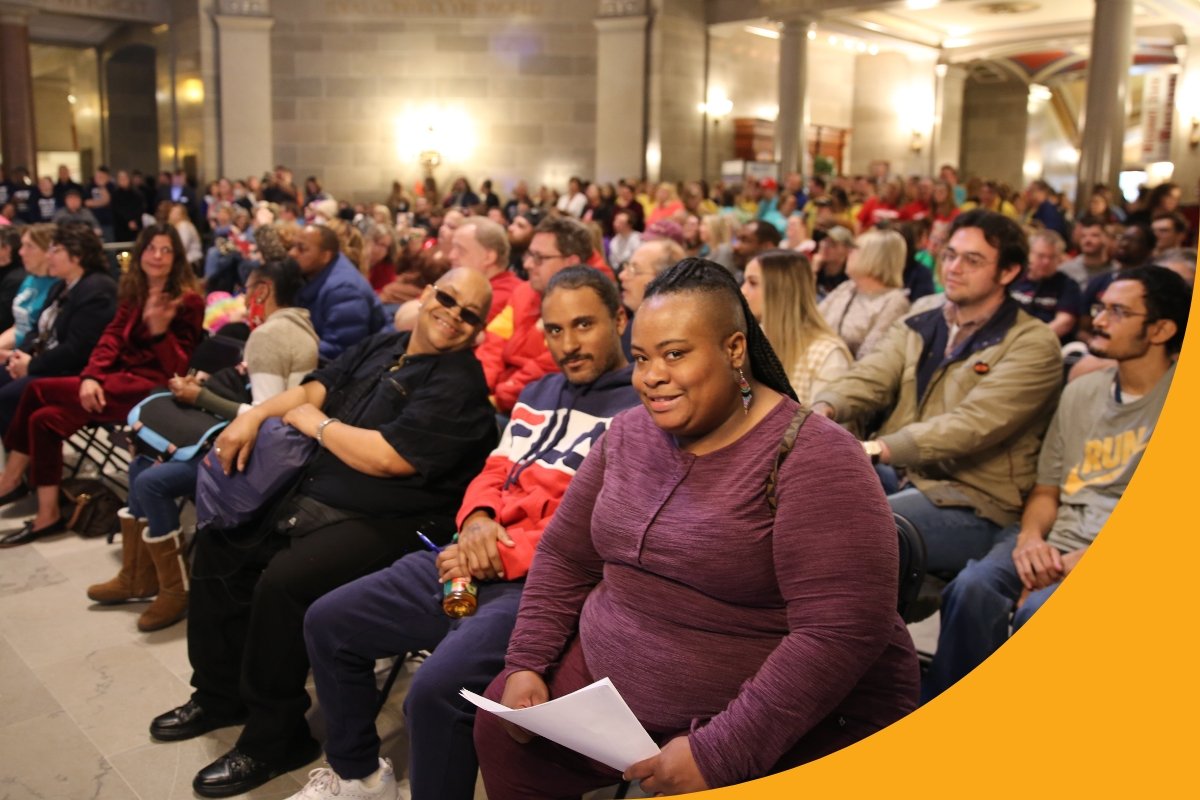2024 Legislative Session Begins In Jefferson City January 3
The Missouri General Assembly annual convenes in a new Legislative Session on the first Wednesday after the first Monday in January. That date is January 3rd in 2024.
In 2024, the Missouri House consists of 162 state representatives. 111 Republicans and 51 Democrats. (108 is the threshold for a supermajority needed to override gubernatorial vetoes or to pass certain motions on the House floor.) District 78 has been vacant since April 2023 when former Rep. Rasheen Aldridge resigned after winning a seat on the St. Louis City Board of Aldermen. Gov. Parson has not called a special election for this seat.
The Senate continues to have all 34 senators, but Sen. Karla Eslinger will only be staying in that role until June 1. On December 6, the State Board of Education voted to hire her as the next leader of the Missouri Department of Elementary and Secondary Education. Before her election to the Senate, Sen. Eslinger was an educator for about 30 years, serving as a public school teacher and as superintendent of the Ava and West Plains school districts.
One of the major factors shaping this Legislative Session will be the projections of essentially flat revenue growth. On December 4, Gov. Michael Parson and House and Senate budget leaders announced they expect the state to collect 0.7 less general revenue during the 2024 fiscal year (FY) than it did during FY 2023. They believe revenue collections for the upcoming 2025 fiscal year will grow by just 0.2 percent over the diminished FY 2024 estimate. It will be very difficult for Missouri’s centers for independent living and many other essential programs and services to receive much-needed budget increases in this budgetary climate.
Another major influence on this Session will be election year dynamics. All 163 House seats and half of Missouri’s 34 Senate seats are up for election. Several legislators in each chamber are expected to file for higher offices when candidate filing begins in the Secretary of State’s Office on February 27. Many political pundits expect that this will lead to filibusters in the Senate as some senators use time at the microphone to gain media attention for their electoral message themes.
A final prediction by many is that the initiative petition process will remain under attack in 2024. For several years, majority party sponsors have attempted to make it more difficult to put an issue on the ballot through collection of signatures on petitions or for those citizen initiatives to win (by increasing the majority needed to prevail to sixty percent, for example).
Additional key dates in this Legislative Session include:
Wednesday, January 24: Governor Parson’s sixth and final State of the State address
Friday, March 1: Last day to file new bills in the House and Senate
Monday, March 18 - Friday, March 22: Legislative Spring Break
Friday, May 10: Deadline to pass Fiscal Year 25 budget
Friday, May 17: Last Day of Session
Wednesday, September 11: Veto Session
The Advocacy Matters newsletter will be published monthly during Legislative Session to keep you informed and to call disability rights advocates to action at key moments. Thank you for bringing your important viewpoints to the public policy process!

